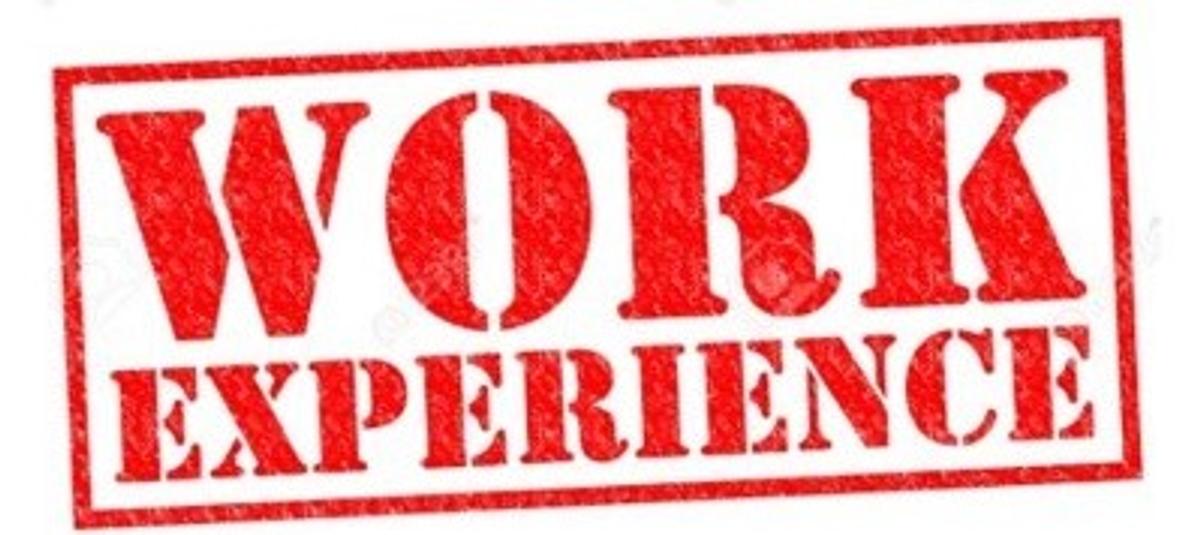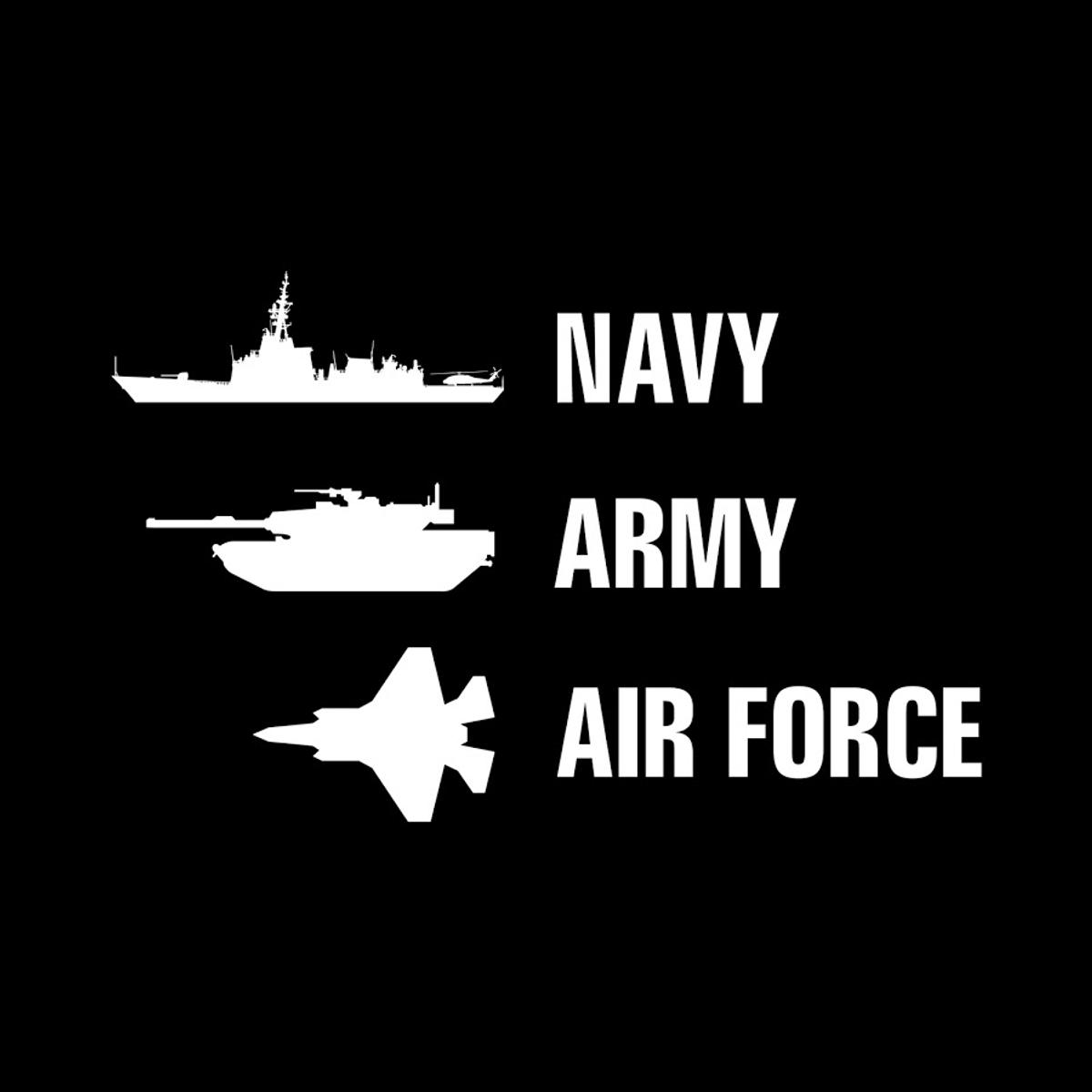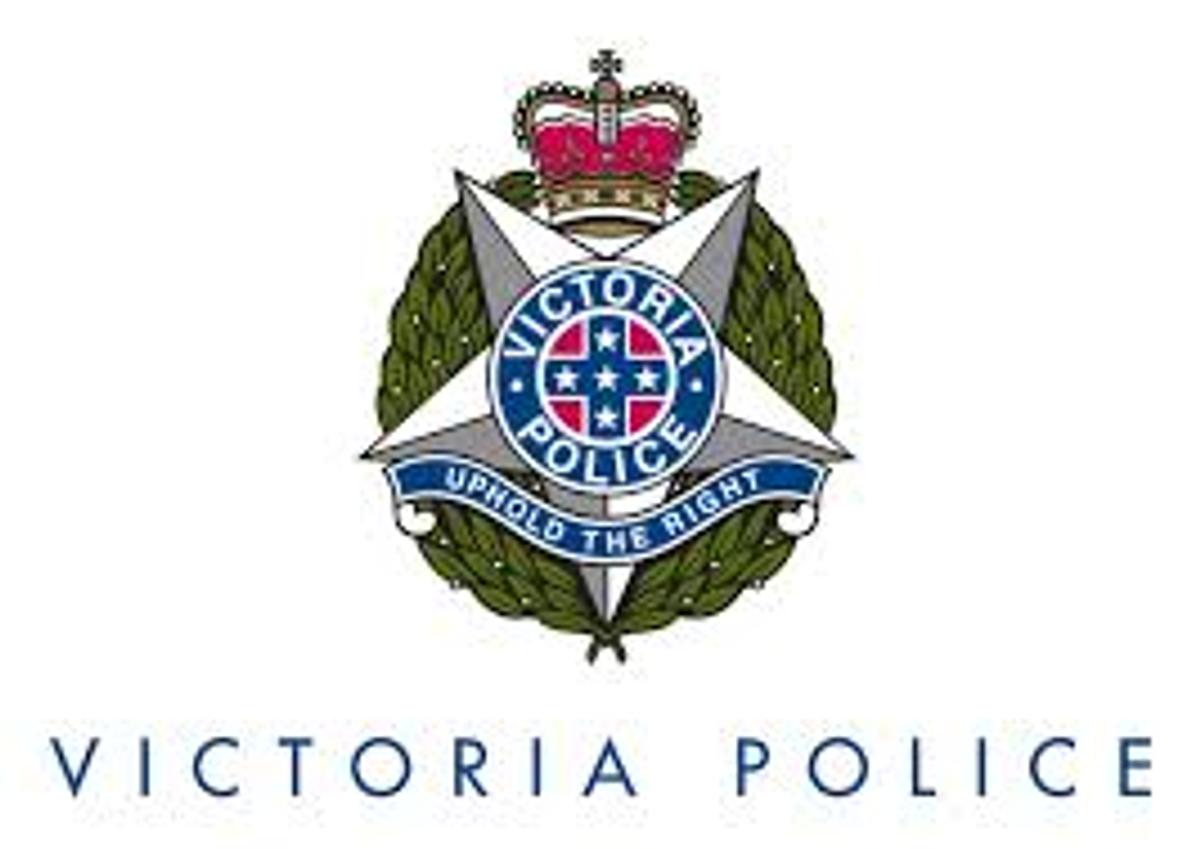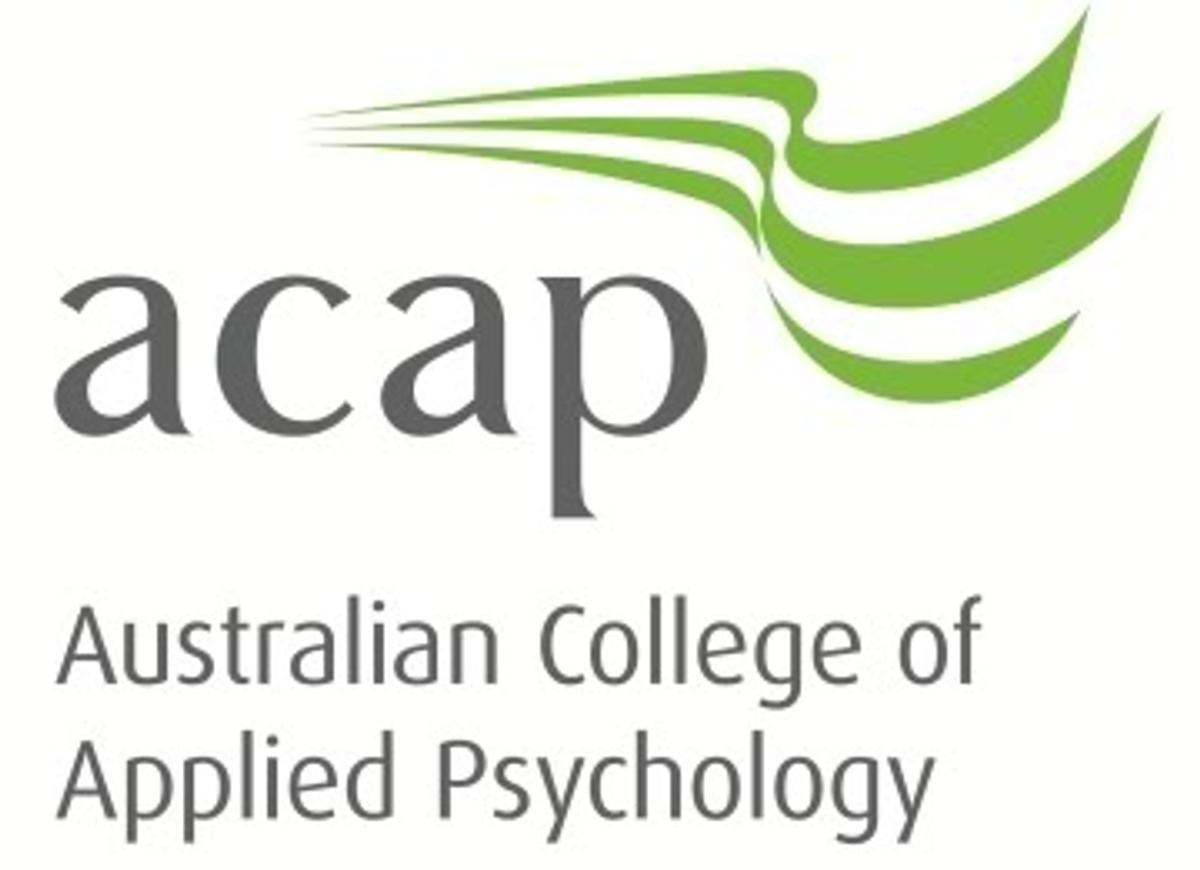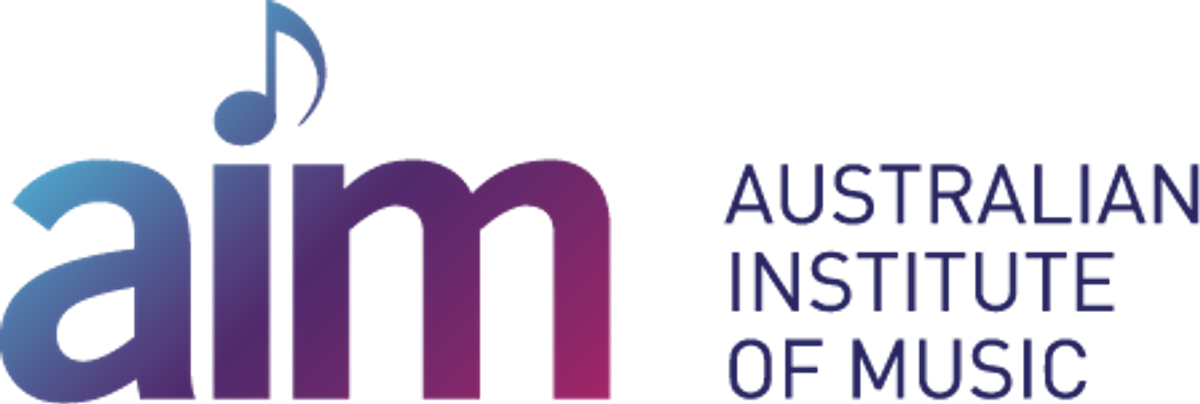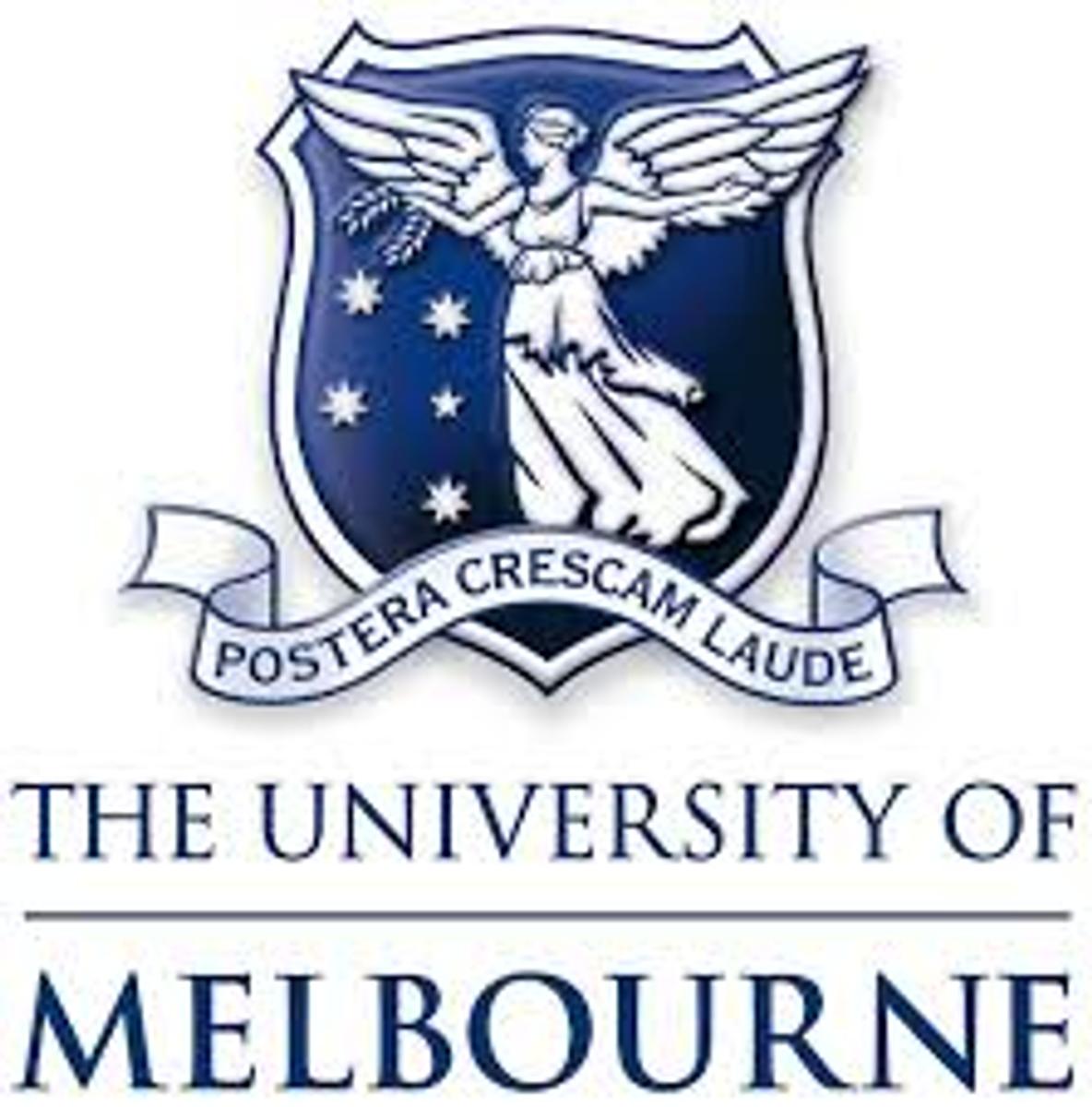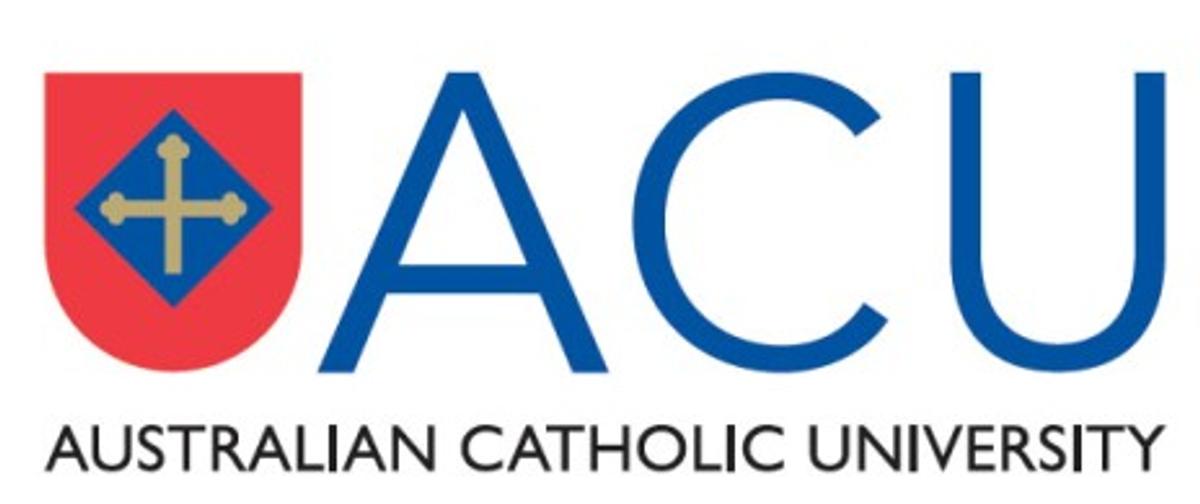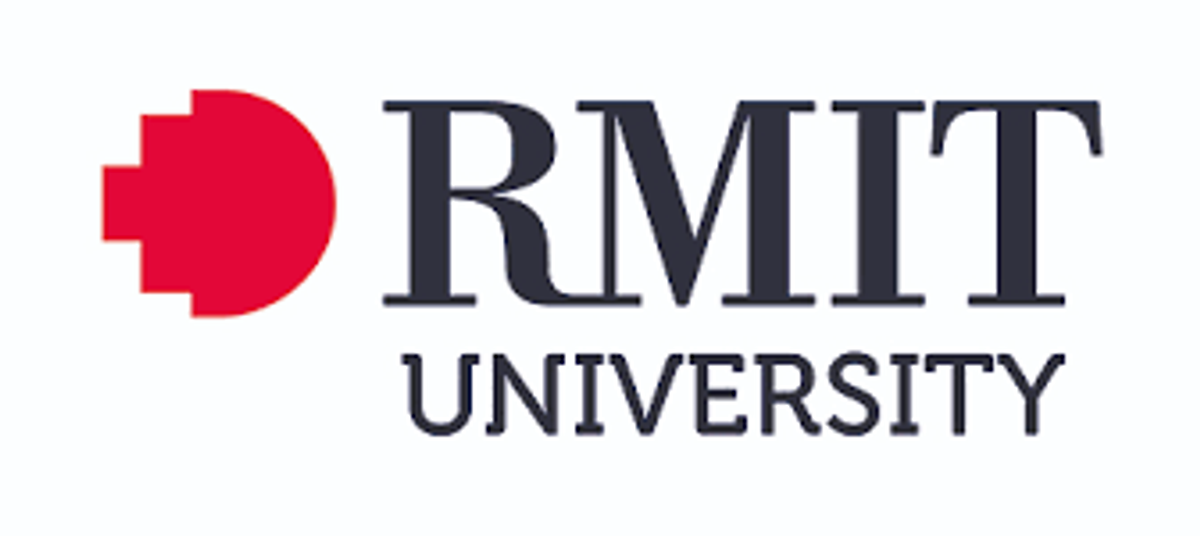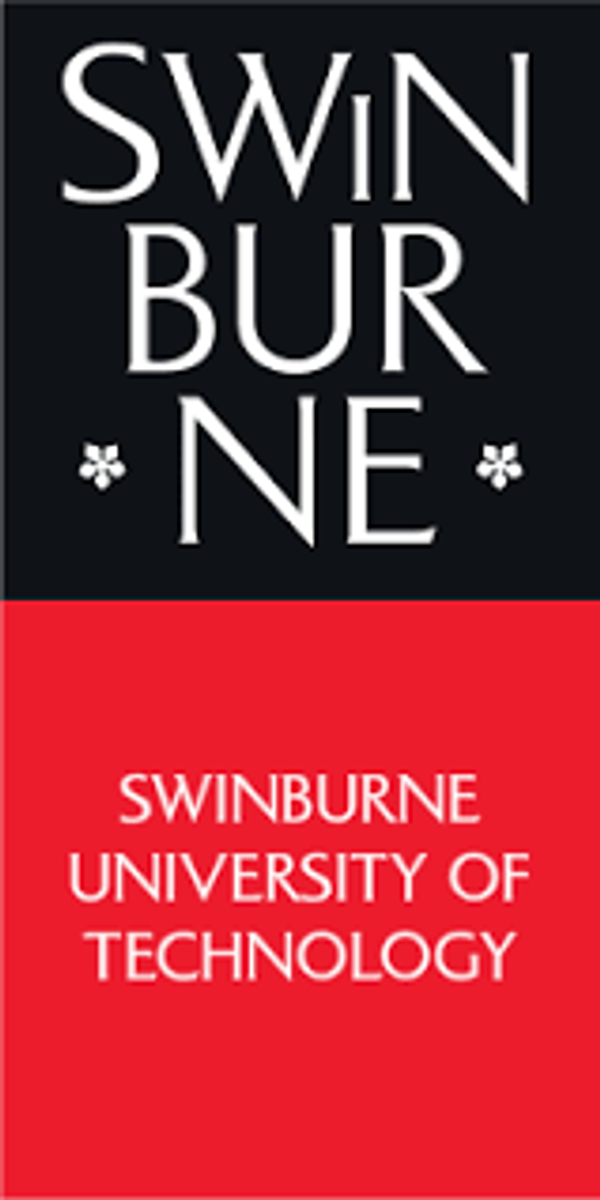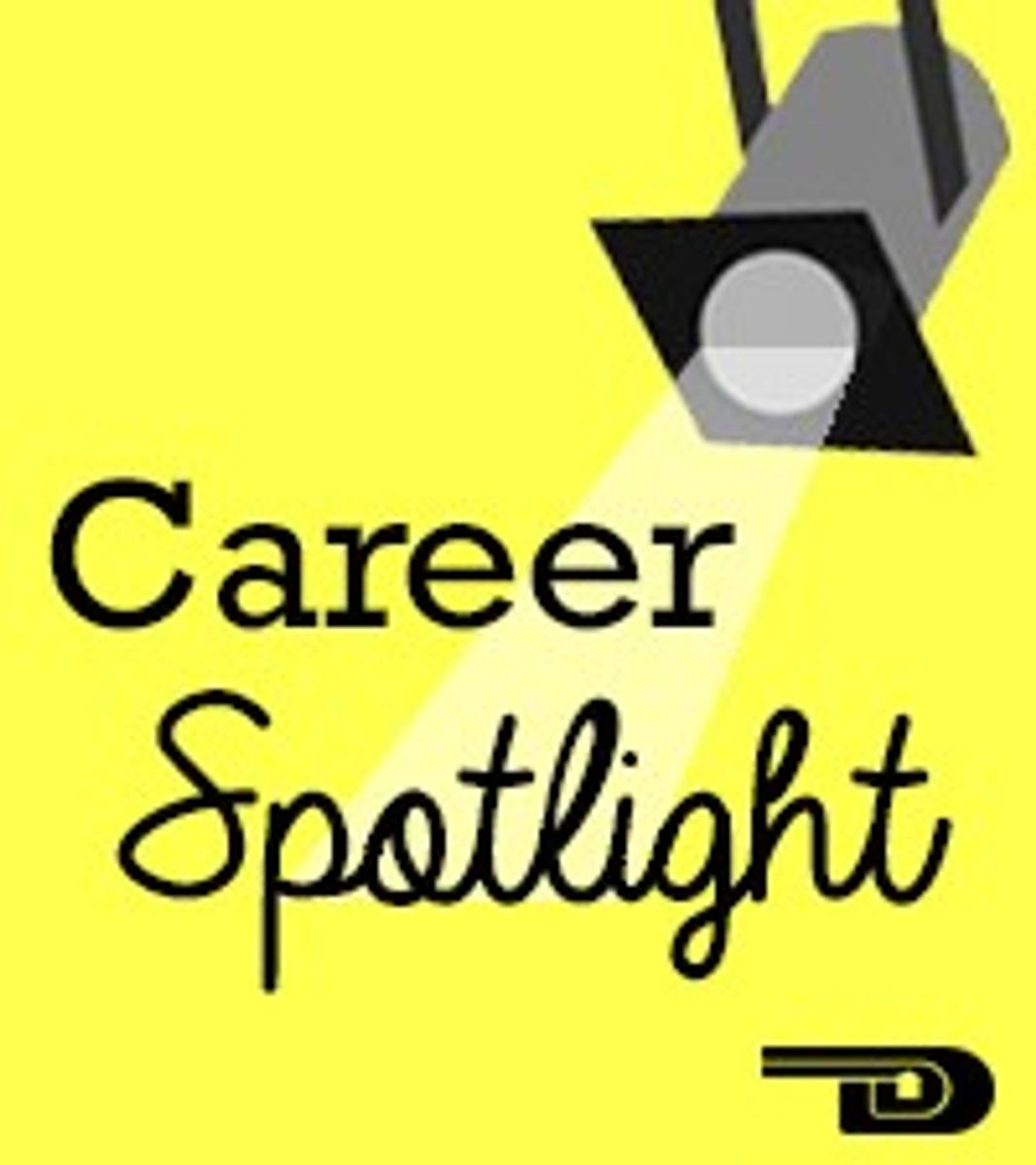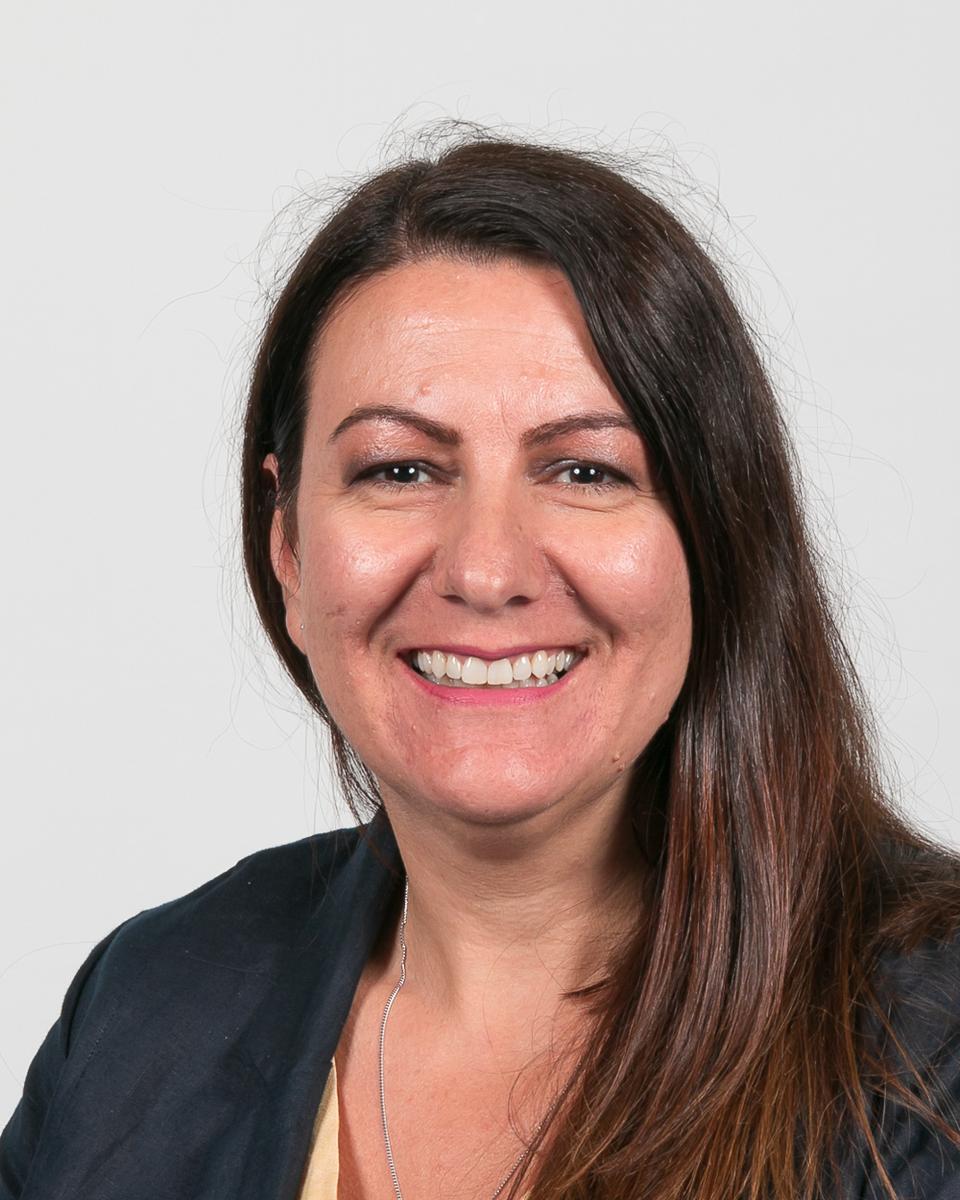Careers and Pathways

Year 10 Work Experience
A reminder to all year 10 students that work experience forms must be returned to Ms. Seremetis by Friday 27th March 2020. This is the last week of term 1.
Work Experience dates are Monday 15th – Friday 19th June 2020.
Please note, this is a compulsory 5 day placement program for all year 10 students. If you require a new Work Experience Arrangement Form, please download a form from the College Careers Website: http://www.mazenodcollegeviccareers.com/?page=work-experience
Careers in the Army
The Army is more than just a dynamic place to work. You'll also love our unique culture of adventure, sports and friendships.
There is a wide range of jobs in the army including aviation, logistics, trades, engineering and medical, to name but a few!
Below are some useful links students might like to browse to learn more.
| About the Army | Defence Jobs - About the Army |
| Army Life | Defence Jobs - Army Life |
| Training & Education | Defence Jobs - Training & Education |
| How to Join the Army | Defence Jobs - How to Join the Army |
| Jobs in the Army | Defence Jobs - Jobs in the Army |
| All other FAQs | Defence Jobs - FAQs about the Army |
Victoria Police Information Session
29 March 2020, 10:00 am - 11:30 am
Wesley College, Melbourne
If you are seeking a stimulating, challenging and rewarding career and have values aligned to those of Victoria Police, we encourage you to consider a career in policing.
Please join Victoria Police at this session to learn about the Police role, the recruitment process and training at the Academy. Find out more HERE
ACAP Info Session
28 April 2020, 6:00 pm
Australian College of Applied Psychology, Melbourne
Interested in studying psychology, counselling, social work, criminology, coaching, or case management?
- Learn how ACAP can help you to change lives and make a difference!
- Meet ACAP staff, academics and current students.
- See our campus.
- Discover the courses we offer, flexible learning options and the benefits of studying at ACAP.
Find out more HERE
AIM Immersion Day
21 March 2020, 10:00 am - 3:00 pm
Australian Institute of Music, Melbourne
At AIM, the passion and dedication to music runs as deep as yours, giving rise to an exciting, inspiring musical community of people who feed off each other’s energy and who inspire each other to greater heights, every day.
Join AIM at an Immersion Day 2020, where you can experience the passion and expertise first hand. AIM will be running classes across all areas of tertiary study and short courses as well as providing some world class performances from their staff and students. Find out more HERE
The University of Melbourne - A Day at Melbourne
4 April 2020, 9:00 am - 3:00 pm
University of Melbourne, Parkville Campus
A Day at Melbourne will give you a taste of what your future at Melbourne could look like.
Ever wondered how artificial intelligence will affect the world’s law makers? Concerned about what effect climate change and a growing population will have on our agriculture in 10 years’ time? And what exactly does an academic economist do?
Get ready to challenge your thinking and explore new areas of thought through workshops, lectures and interactive sessions designed specifically for Year 10 students. Find out more HERE
William Angliss Institute Experience Day
9 April 2020, 9:30 am – 1:30 pm
William Angliss Institute, La Trobe Street
This year William Angliss Institute is inviting all of you for a sneak peek of their facilities and kitchens. Students will learn from experts and have the opportunity to experience cookery, patisserie and food science demo workshops.
Find out more HERE
Bachelor of Nutrition Science at ACU
Nutritionists help communicate nutrition science to the public and advise the community about food choices for healthy eating. Studies in nutrition therefore include the nutritive value of foods, the nutrients that bodies need at different stages of development, and the role that nutrients and diet play in health promotion and disease prevention. Nutrition links very closely with the national health priorities in Australia such as obesity, diabetes, cardiovascular disease much of which are preventable through healthy lifestyle.
ACU's 3-year Bachelor of Nutrition Science program focuses on general healthcare, chronic disease management, Indigenous health, and other emerging areas of need in the industry and is appealing to students interested in careers in nutrition including nutritionists in public and private industry, hospitals and public health sectors, e-health and tele-health, in nutrition communication, and in the food science and in the research and development sectors.
Importantly, the program provides the basis for postgraduate studies in dietetics. Dietitians treat disease through diet and therefore require further studies and clinical practice in health settings.
The VCE pre-requisites are: Units 3 and 4 – a study score of at least 30 in English (EAL) or 25 in any other English.
Find out more at Bachelor of Nutrition Science
Could you be an Astronaut?
Have you ever dreamed of one day flying into space? You can take a quick quiz online to see if you might have what it takes to become an astronaut.
The test asks a series of questions based on official NASA Astronaut Candidate requirements and real-life psychological tests to see if you’ve got what it takes for intergalactic exploration.
Check it out here: https://www.astronaut-test.com/
Bachelor of Space Science at RMIT University
Do you want to be part of Space 2.0? Have you thought about human spaceflight, space tourism and even missions to Mars?
The Bachelor of Space Science at RMIT University allows students to prepare for an exciting career in the growing space industry. In addition to space science and physics, students will study complementary courses in satellite remote sensing, mathematics, IT and data analytics, signal and systems engineering as well as spaceflight systems design. During their studies, students will have the opportunity to undertake a 12-week industry placement so they can immerse themselves in the world of space. These placements are run through Boeing, Geoplex and Nova Systems.
Find out more at Bachelor of Space Science at RMIT University
Environment & Sustainability at Swinburne University
Preserving the earth begins with an understanding of the current landscape.
The environment and sustainability courses offered at Swinburne are an exploration into what it means to champion and sustain the earth for future generations. Courses are deigned to provide foundational knowledge and practical skills through an emphasis on conservation, land management, horticulture, renewable energy and more. An environment and sustainability course could lead to a future in floristry, horticulture, retail, writing, and beyond.
Swinburne offers courses in:
Conservation and Land Management
Visit Environment & Sustainability to find out more.
Snapshot of the University of Tasmania (UTAS) in 2020
- The University of Tasmania is ranked in the top 300 universities in the world, and is one of Australia's premier universities for teaching excellence
- The University has more than 29,000 local, national, and international students, with 90,000 alumni spread across more than 120 countries
- The university is also ranked as a world leader in research - Why UTAS?
- UTAS has campuses within the three main regions of Tasmania – Hobart in the south, Launceston in the north and Burnie in the north-west. The University also two campuses in Sydney – Darlinghurst and Rozelle
- UTAS has a number of colleges -
- The university has three main specialist institutes –
- UTAS offers specialised courses in marine and Antarctic studies, and maritime studies
- The University of Tasmania also offers in Medicine, Biotechnology, Laboratory Medicine and Medical Research - Medicine and Medical Research
- There are many undergraduate and post-graduate courses offered at the University of Tasmania
- UTAS has numerous industry partners where students can participate in Professional Experience Placements
- The University of Tasmania’s generous Scholarships and Prizes program encompasses state, national and international sponsored programs for domestic and international students
- The University of Tasmania has exchange agreements with a number of universities across the world - Types of Exchange Programs and Exchange Partner Institutions
- UTAS offers a range of accommodation options to students
Real Estate Agent
What do Real Estate Agents do?
Real Estate Agents, aka Real Estate Brokers or Realtors, are licensed to help clients who want to purchase, sell, or rent a building, home, or block of land.
If you’re a great mediator who gets along easily with people, and you’re looking for a career with the thrill of closing deals and you get to work out of the office, then this could be the perfect career for you.
About you:
- Personable, approachable, and honest
- Great at communicating and negotiating
- Customer and sales focused with in depth knowledge of local property markets
- Organised and self-motivated
The job:
- Find and sign up clients
- Advise clients on pricing, marketing, financing and legal requirements
- Promote and present properties
- Negotiate and close deals including writing relevant marketing literature, reports, appraisals, contracts and terms
Real Estate Agent salary (average) $60,300 per year
(Source: Joboutlook.gov.au )
Real Estate Agents earn a basic salary, and each sale or deal completed earns them a percentage, known as commission. So salaries vary hugely depending on the volume of sales you close and the value of those deals.
Job growth in real estate is moderate (source: Joboutlook.gov.au)
How to become a Real Estate Agent in Australia
There are no formal requirements for becoming a Real Estate Agent, but a Certificate IV qualification is advised as it could help open doors.
Step 1 – Focus on English, business and marketing at school if they’re options available
Step 2 – Get work experience in the industry such as administrative or clerical jobs
Step 3 – Work on your customer service skills
Step 4 – Complete a Certificate IV in Property Service (Real Estate) with an RTO, or a degree such as a Bachelor of Property and Real Estate at Deakin, or a degree in a related field such as Business with relevant majors
Step 5 – Obtain a licence to practise by registering with the relevant state authority (you may need to be over 18 to apply):
Become a Real Estate Agent in Victoria
Step 6 – Get a driver’s licence and national police check
Find out more here –
Real Estate Institute of Australia.
National Real Estate Association.
Mrs Vivian Seremetis
Careers Coordinator

